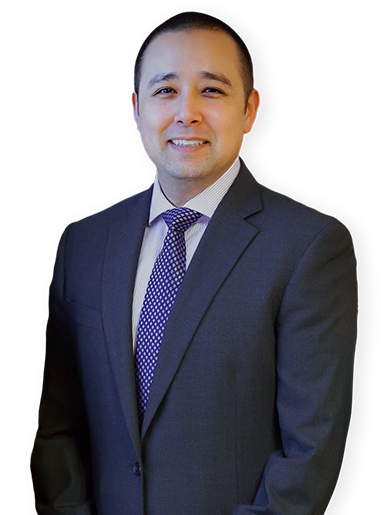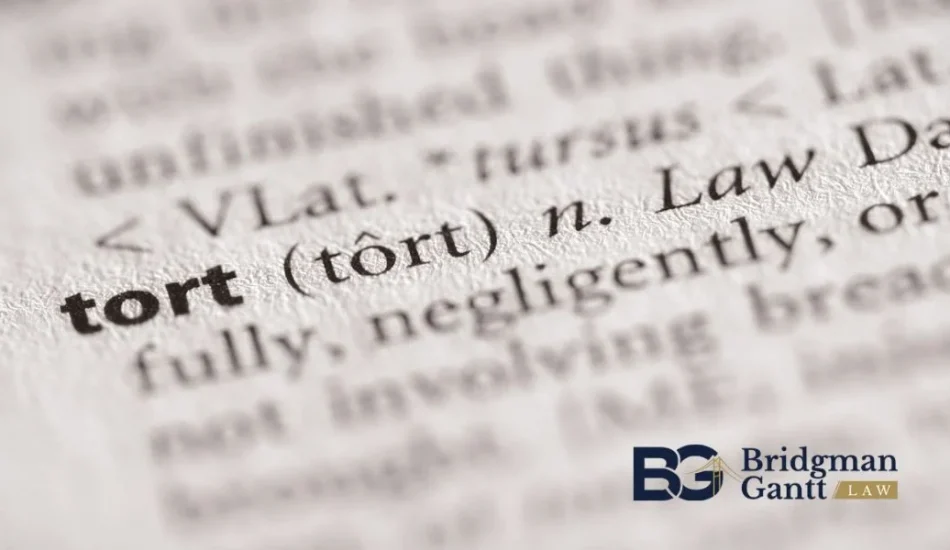|
|
Last
Modified on
Jan 08, 2026
North Carolina auto tort laws govern how fault is determined and how injured parties can seek compensation through the civil court system after a car accident. These laws are rooted in tort principles, which focus on assigning legal responsibility for harm.
Because the state follows a strict contributory negligence rule, even a small amount of fault on the part of the injured driver can bar recovery entirely. Understanding these legal standards is essential before pursuing a personal injury claim.
Strict Contributory Negligence Rule
North Carolina follows a strict contributory negligence rule and is one of only a few states to do so. Under this system, if the party that was injured is determined to be even 1% responsible for a car accident, they are barred from recovering any compensation through a personal injury claim.
This rule applies regardless of the severity of the injury or the degree of fault of the other driver. Because of this unforgiving standard, auto tort claims in North Carolina often hinge on proving that the injured party had no responsibility for the crash. Solid evidence and skilled legal advocacy are essential.
Statute of Limitations for Auto Tort Claims
In North Carolina, the statute of limitations for filing an auto tort claim is generally three years from the date of the accident. This deadline applies to claims involving personal injury and property damage resulting from a motor vehicle collision.
If a claim is not filed within this timeframe, the injured party typically loses the right to pursue compensation through the civil courts. There are exceptions to these legal deadlines, such as when victims are under 18 or the injury was not known at the time of the accident.
The Societal Cost of Car Collisions in North Carolina
The societal cost of car collisions in North Carolina extends far beyond property damage. In 2023 alone, there were 284,157 traffic crashes statewide, marking a 3.8% increase from the previous year. These crashes led to 115,009 reported injuries, up from 110,544 in 2022. Among the most vulnerable victims were pedestrians, with 2,216 nonfatal pedestrian injuries reported.
These incidents often occur in high-traffic areas like Interstate 77, U.S. Route 74, and Independence Boulevard, where congestion and speeding contribute to serious crashes. Each collision represents lost productivity, emotional trauma, medical expenses, and long-term disability for North Carolina residents.
Pedestrian accidents, in particular, highlight the lack of infrastructure and protection for those on foot. When someone is struck by a vehicle, the physical harm can be catastrophic, resulting in extended hospital stays, surgeries, and permanent injuries. North Carolina’s auto tort laws allow injured victims to pursue compensation and justice through the courts.
How Fault Is Proven in North Carolina Auto Tort Cases
Proving fault in an auto tort claim requires an understanding of the state’s traffic and personal injury laws. When an injured party files a car accident claim, the insurance carriers tied to the collision investigate the available evidence, including pictures and police reports, to determine which party’s negligence or misconduct may have caused the collision.
Many of those same factors are considered in North Carolina auto tort cases that involve the courts. The plaintiff must show that the defendant’s negligence caused the collision that resulted in bodily injury to the plaintiff. To prove fault, many individuals decide to hire a car accident lawyer at Bridgman Gantt Law Offices to represent them through the claims process because attorneys understand which types of evidence can most effectively prove fault in a tort claim.
FAQs
Is North Carolina a Full Tort State?
Yes. North Carolina follows a full tort system, which allows injured individuals to file claims for all damages after an accident, including pain and suffering. However, the state’s contributory negligence rule can bar recovery if the injured party is even slightly at fault. While this may sound like a significant barrier to pursuing compensation, the right strategy can lead to fair compensation when you work with an experienced personal injury lawyer.
How Does Tort Law Apply to Auto Accidents in North Carolina?
North Carolina’s tort law governs who is financially responsible after a car accident. For example, the laws require the at-fault driver to pay for the other party’s damages. This includes property damage, medical bills, and physical pain and emotional suffering. Because the state follows strict contributory negligence rules, proving the other driver was entirely at fault is essential for pursuing compensation through the courts.
What Is the NC State Tort Claims Act?
The North Carolina State Tort Claims Act allows individuals to seek compensation when they were harmed by a state employee’s negligence. This includes accidents involving state-owned vehicles or unsafe public property. Any claims must be filed with the Industrial Commission and follow strict deadlines. A lawyer can help determine if your case qualifies for a claim under the Act before handling the paperwork and other steps on your behalf.
Does North Carolina Have Tort Reform?
Yes. North Carolina has enacted several tort reform measures in recent years, including adjustments to caps on non-economic damages in some medical cases and procedural limits on how certain claims are filed. These reforms can affect your compensation and how long you have to act. Given the continually changing landscape, seeking advice from an attorney can be crucial for understanding what the state’s current personal injury laws are.
Ready to Hire a Car Accident Lawyer? Contact Bridgman Gantt Law Offices Today
Auto accidents in North Carolina are governed by strict tort laws that determine who can recover compensation. Because the state uses a rule for contributory negligence, any small share of responsibility could prevent you from recovering any damages.
As a local firm with over 30 years of experience serving this community, we know how to build strong cases that meet these high standards. At Bridgman Gantt Law Offices, we gather evidence, challenge unfair fault claims, and fight for the outcome you deserve. If you were injured in a crash, contact our office today and let us help you understand your rights and protect your ability to recover compensation.
North Carolina Car Accident Resources:






